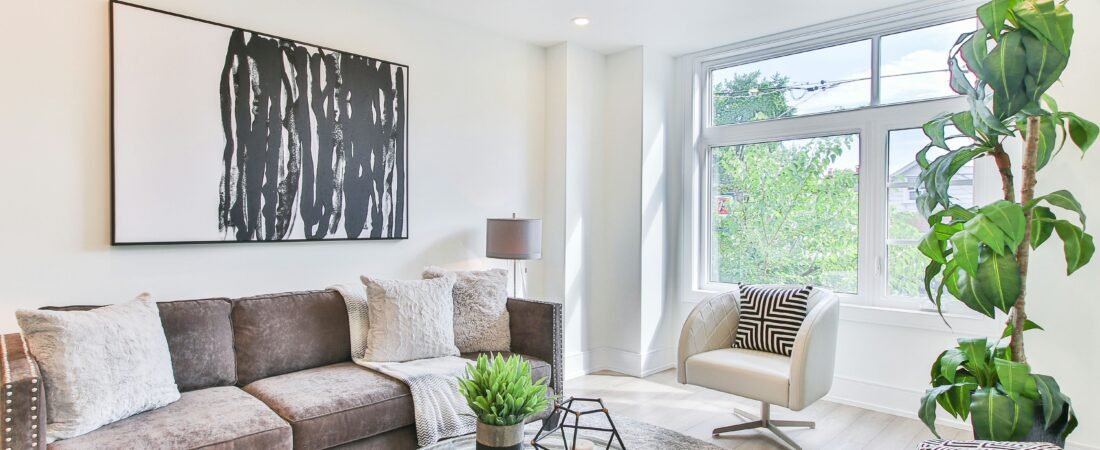Short-term rentals, particularly via Airbnb, have become a hot topic in many French cities. While some municipalities adopt a very restrictive approach, others prefer more flexible regulation, highlighting the economic benefits of tourism. Where does Lorient stand in this debate and what would be the consequences of excessive regulation?
An explosion of furnished tourist accommodation in Lorient
According to a study by AudéLor, furnished tourist accommodation now represents 4% of the total housing stock in Lorient and its surroundings, compared to 1.1% in 2015. This increase is particularly observed in coastal towns such as Groix, Clohars-Carnoët and Guidel, where tourist rentals often rely on the increased use of second homes. In Lorient, their development follows the pace of second homes, without drastically reducing the private rental stock.
Faced with this phenomenon, the city of Lorient has already put in place certain restrictions, such as the obligation to declare and supervise secondary residences put up for short-term rental. But should we go further, like Marseille?
Marseille: a dogmatic choice with uncertain results
Marseille has taken a hard line against furnished tourist accommodation. The municipality has reduced the maximum rental period for a main residence from 120 to 90 days per year and is imposing a compensation principle from the first secondary residence rented out for a short period. This measure officially aims to free up housing for residents and combat the housing crisis.
However, this approach raises doubts. Airbnb itself claims that these restrictions will have “no impact on the supply of available housing”. Indeed, tourist accommodation is often unsuitable for the traditional rental market (small surfaces, location in areas popular with tourists). In addition, these restrictions penalise owners who supplement their income through seasonal rentals, without necessarily resolving the problem of access to housing.
Cannes: pragmatic and economic regulation
Conversely, Cannes refuses to set a strict limit on the number of rental days allowed. The mayor, David Lisnard, defends a targeted approach: penalizing abuses without slowing down the local economy. His argument is clear: tourist rentals contribute to the attractiveness of the city and allow residents to supplement their income.
The municipality favours regulation based on the identification of short-term rental accommodation and the elimination of illegal practices (such as undeclared key boxes). Could this strategy, which does not hinder economic activity, inspire Lorient?
Lorient: which route to choose?
Lorient is currently somewhere between these two approaches. The city imposes certain obligations on owners, but without adopting the drastic measures of Marseille. The question arises: should we go further or adopt more flexible regulation, like Cannes?
Overly strict regulations could have counterproductive effects. By limiting the supply of furnished tourist accommodation, Lorient risks slowing down its attractiveness for visitors and weakening a part of its local economy. Furthermore, such a measure does not guarantee a significant improvement in the permanent rental supply, especially if local demand far exceeds the supply of available housing.
On the other hand, balanced regulation would help preserve the tourist economy while avoiding excesses. Lorient could take inspiration from Cannes by strengthening control of abuses without imposing global restrictions that could harm economic dynamism.
Conclusion: a balance to be found
Furnished tourist accommodation is an unavoidable reality in Lorient and on the Breton coast. Regulation is necessary to prevent abuses, but an overly strict approach could harm the city's economic and tourist development. Rather than adopting dogmatic measures like Marseille, Lorient would do well to favour a pragmatic approach, inspired by Cannes, which combines economic attractiveness and targeted control of abuses. The ideal solution undoubtedly lies in a balance between supervision and freedom, to reconcile the interests of residents, owners and visitors.

